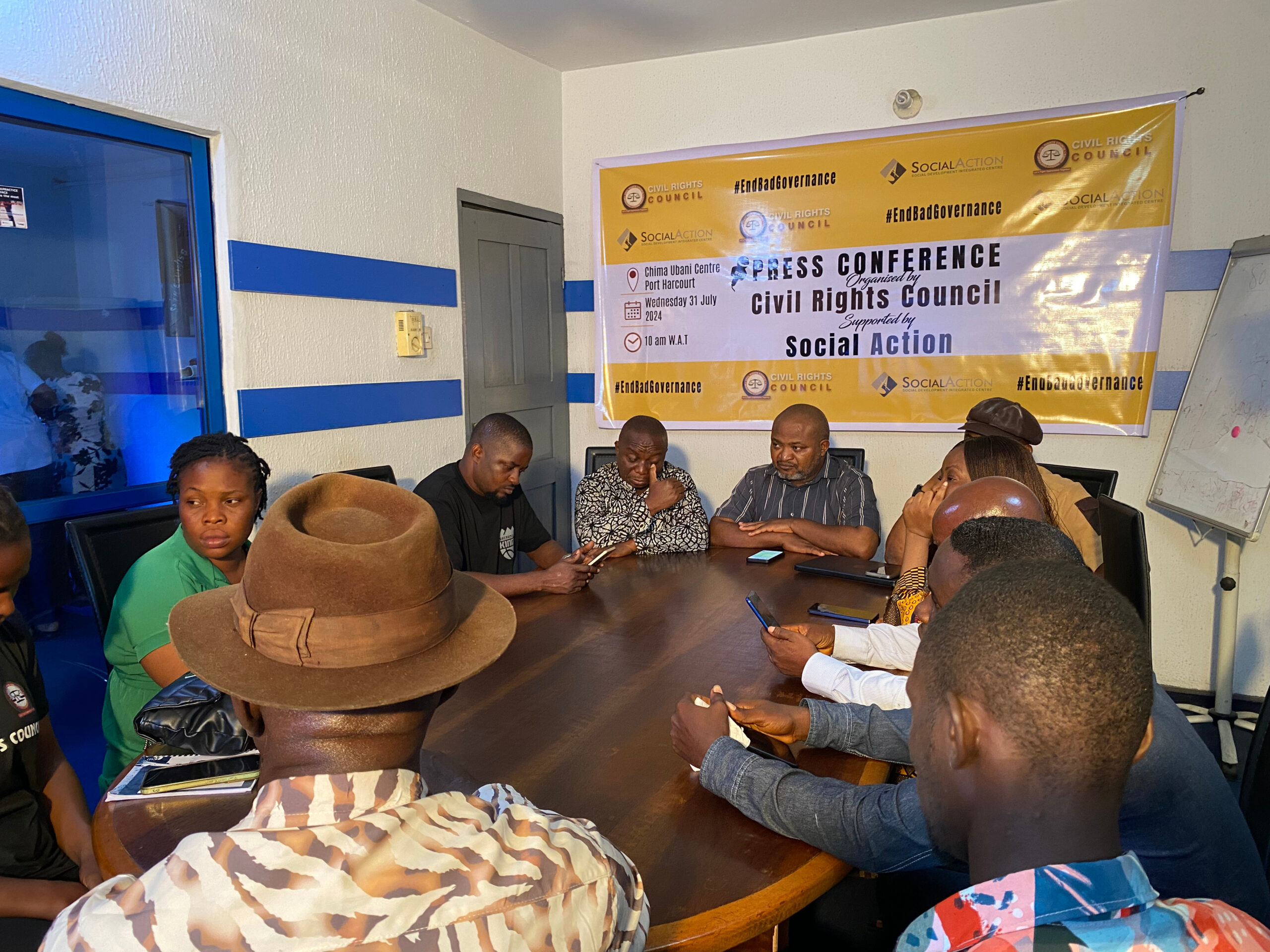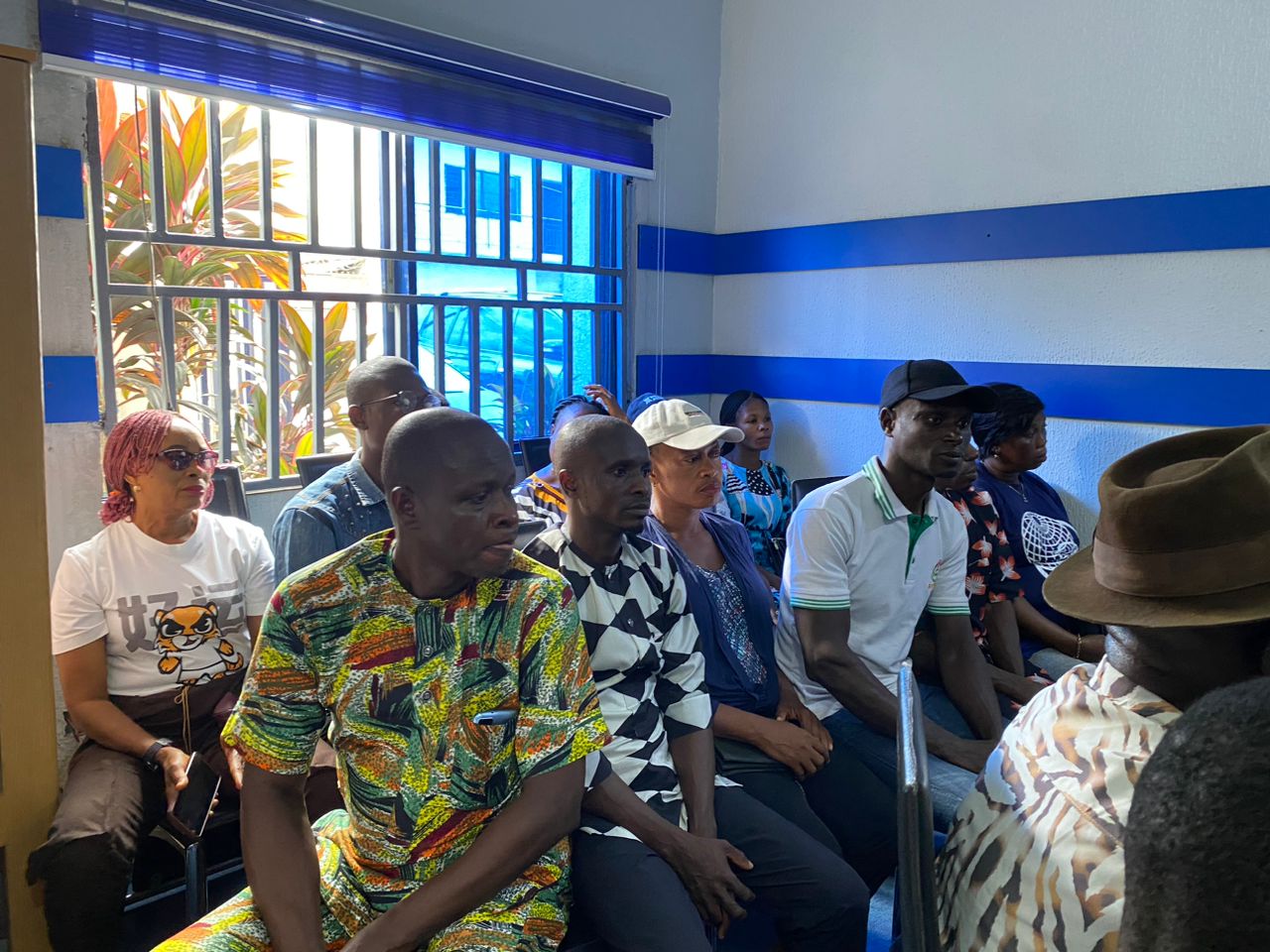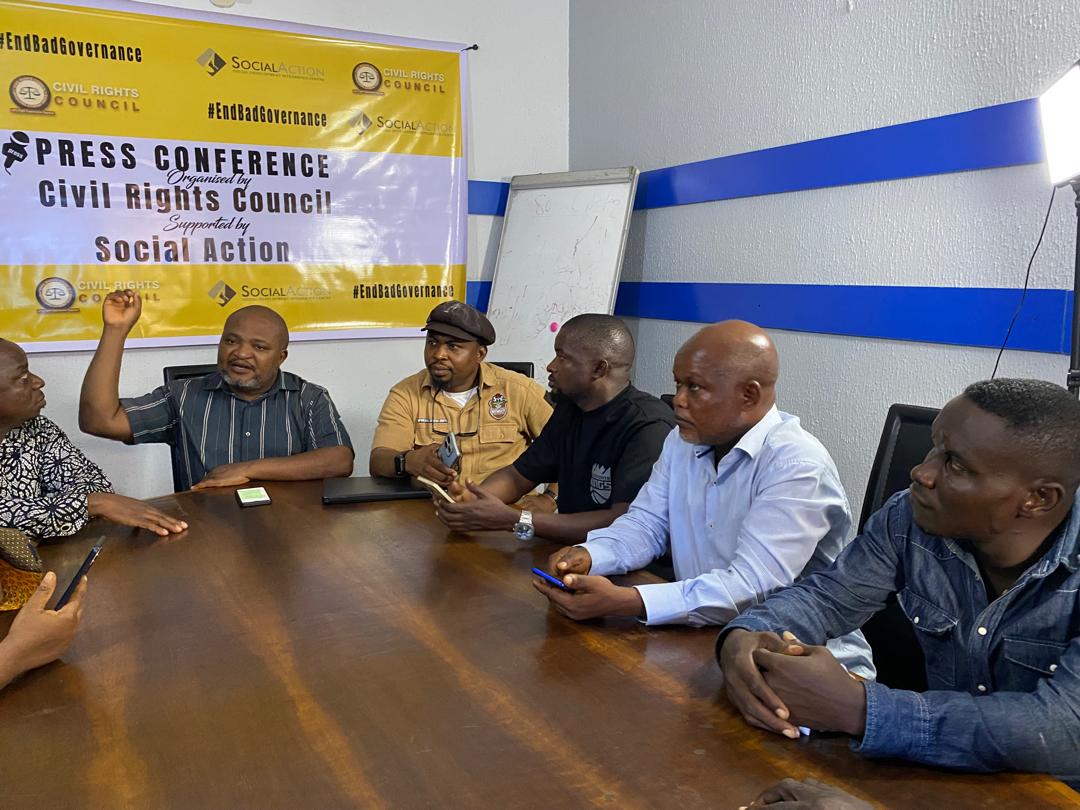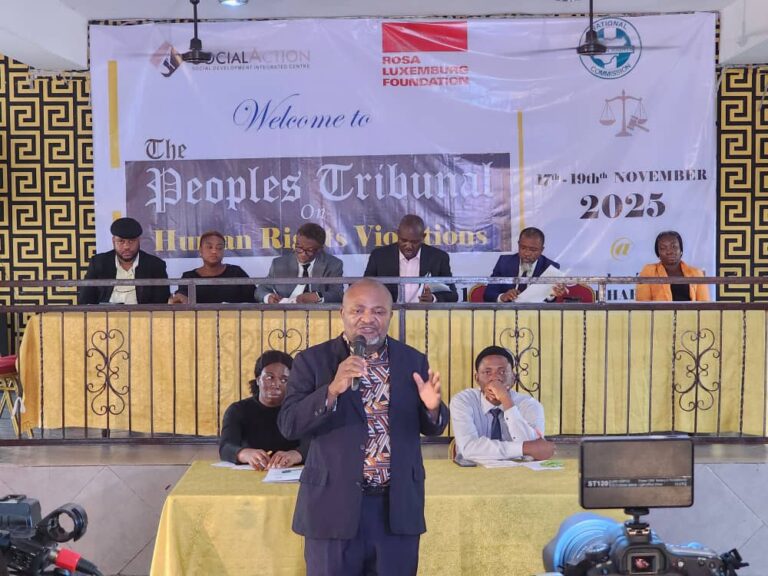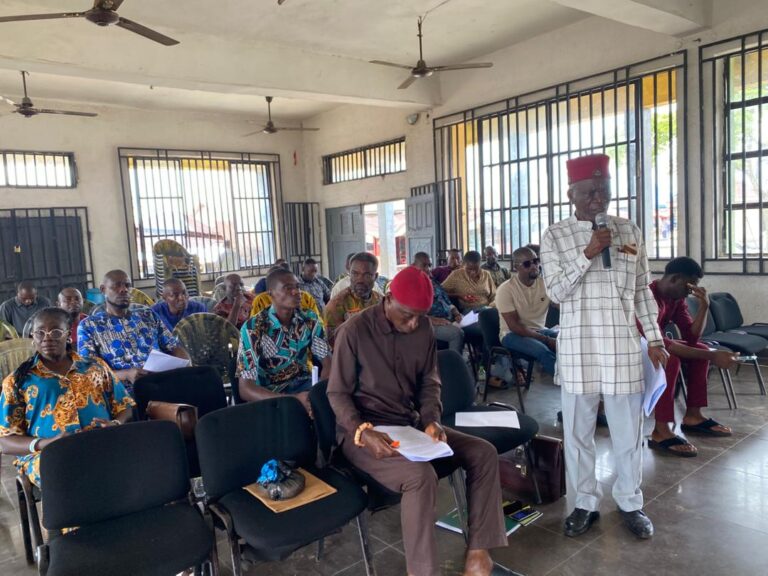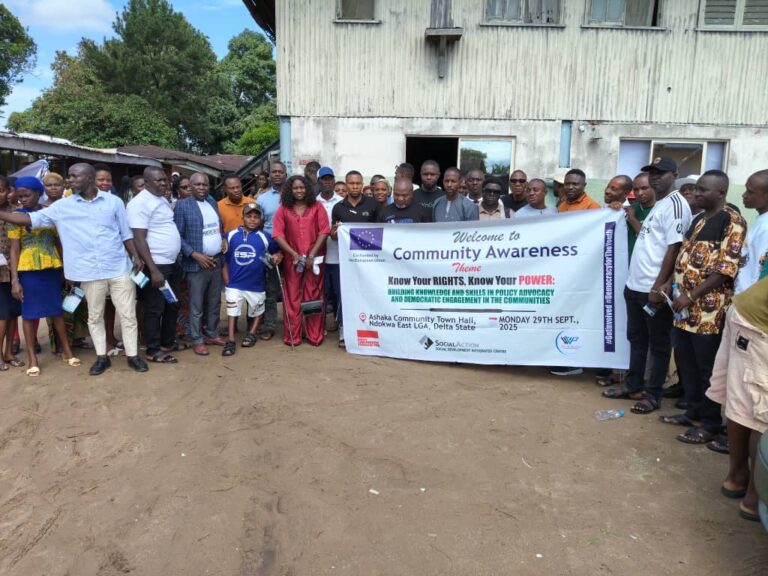Social Action Nigeria Declares Total Support and Solidarity with Youth Protesters
August 1, 2024
Social Action Nigeria expresses its unwavering support and solidarity with the people of Nigeria and the young peaceful protesters who will take to the streets starting today, August 1, 2024. We are working in solidarity with units of Civil Rights Councils and other grassroots groups to ensure that the voices of the Nigerian youth are heard loud and clear. This protest represents another pivotal moment in our nation’s history, calling for an end to the corrupt and failed political system that has plagued Nigeria since the inception of the Fourth Republic in 1999.
Over the past 25 years, systemic corruption has allowed a self-serving political class to hijack state resources and entrench themselves in power through fraudulent means. Government positions at all levels are occupied by individuals widely known to have looted the public treasury and rigged elections. This pervasive corruption has eroded public trust and led to the systemic failure of state institutions, resulting in widespread poverty, insecurity, and a deterioration of essential public services such as healthcare and education.
Critical Issues Facing Nigeria:
- Massive Inflation: The country is experiencing unprecedented levels of inflation, driving up the cost of food, fuel, and other essential goods. This economic instability has pushed millions into a worsened state of impoverishment.
- Unemployment and Insecurity: Unemployment rates are at an all-time high, particularly among the youth. This lack of job opportunities contributes to widespread poverty and fuels social unrest. Coupled with this is the pervasive insecurity, with daily reports of kidnappings, killings, and violence across the country. Nigerians live in constant fear for their safety and that of their loved ones.
- Limited Access to Energy: The near collapse of the national power grid has left millions of Nigerians with limited or no access to electricity, even as most Nigerians are not connected. This chronic energy crisis hampers possibilities to improve lives and promote economic production that is essential to addressing mass impoverishment.
- Deteriorating Healthcare Infrastructure: Nigeria’s healthcare system is in a dire state, with crumbling infrastructure, insufficient medical supplies, and a shortage of healthcare professionals. This situation has left many Nigerians unable to access even basic medical care, leading to preventable deaths.
- Environmental Devastation in the Niger Delta: The Niger Delta region continues to suffer from extensive environmental degradation due to oil spills and gas flaring, and other unwholesome practices by transnational and national oil and gas companies. This environmental disaster has devastated local communities, destroying livelihoods and causing severe health problems.
- Regime of General Hopelessness: The cumulative effect of these crises is a pervasive sense of hopelessness among the Nigerian populace. The government’s failure to address these issues has eroded public trust and created a climate of despair.
- Exodus of Nigerian Professionals: A significant number of skilled professionals, including doctors, engineers, and educators, are leaving the country in search of better opportunities abroad. This brain drain, exacerbated by the government’s apparent indifference, severely undermines Nigeria’s capacity to provide essential services and develop its human capital.
Incremental changes and half-hearted reforms have proven insufficient to address the deep-rooted crisis engulfing the Nigerian state. The magnitude of the challenges we face today demands a radical transformation of our socio-political order. This protest is not merely a call for immediate relief from hardship but a demand for a new socio-political order that prioritizes the welfare of its citizens over the interests of the political elite. This includes:
- Overhauling the Political System: There is an urgent need to dismantle the structures that have allowed corruption and impunity to thrive. This requires comprehensive electoral reforms and the establishment of a transparent and accountable governance system.
- Economic Restructuring: Nigeria’s economy must be restructured to ensure equitable distribution of resources and opportunities. This includes investment in infrastructure and policies that promote job creation and sustainable development.
- Rebuilding Public Trust: The government must take concrete actions to rebuild trust with its citizens, starting with the removal of corrupt officials and the implementation of transparent and inclusive policies.
Social Action Nigeria joins the Nigerian people in insisting that the time has come for a new Nigeria built on principles of social justice, equity, and solidarity. We call on all progressive forces, civil society organizations, and the international community to support this movement for change.


